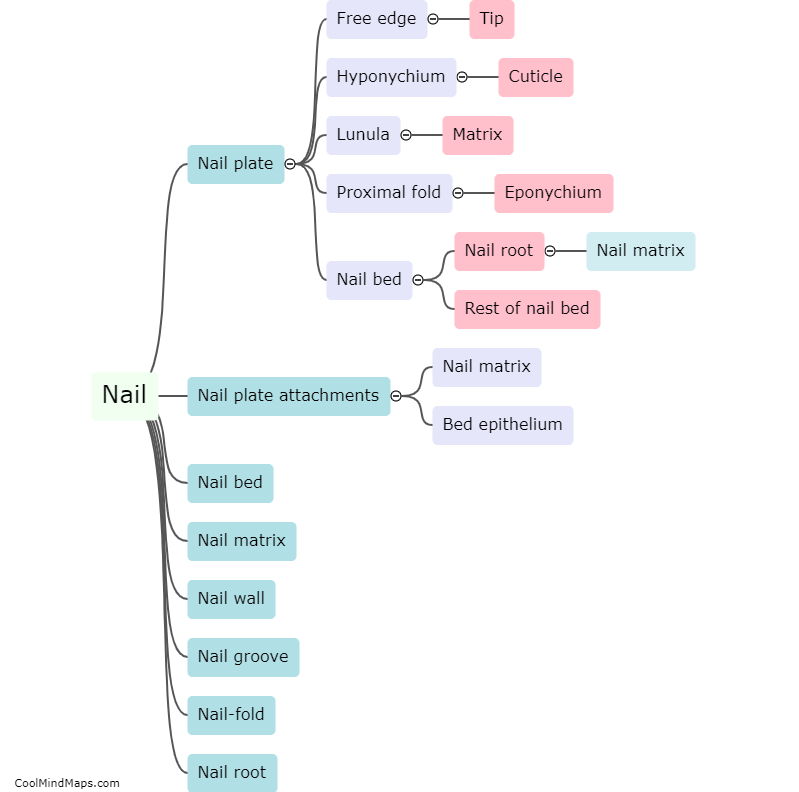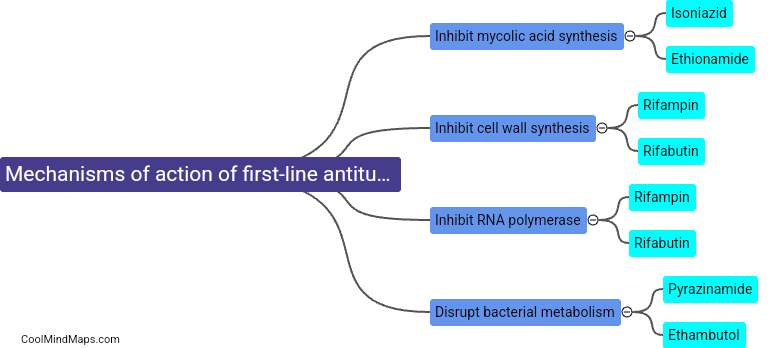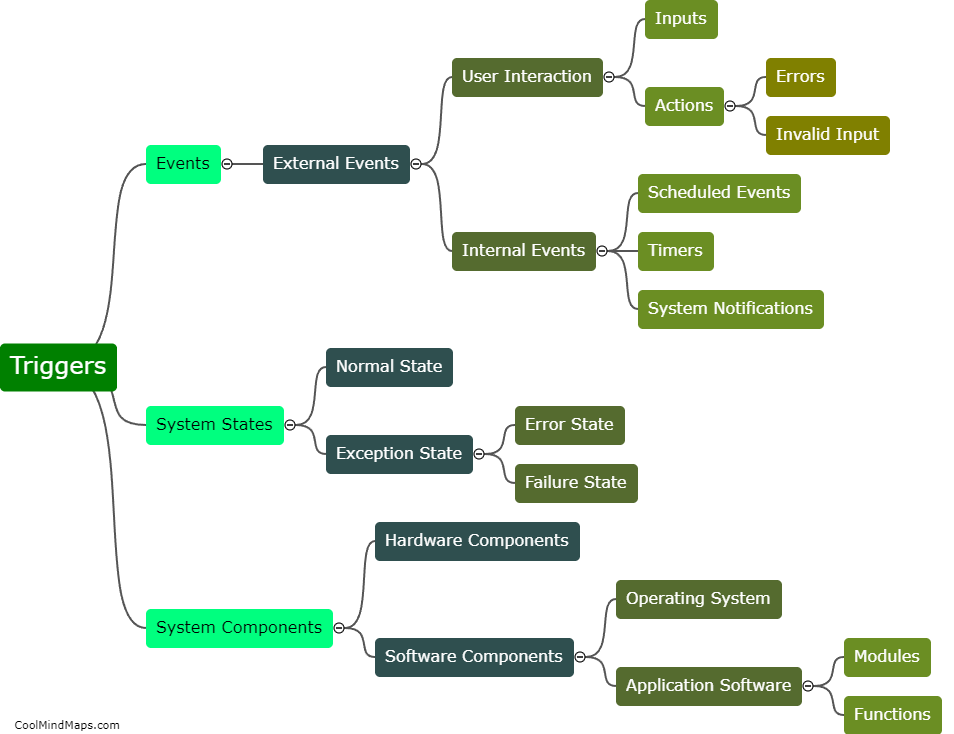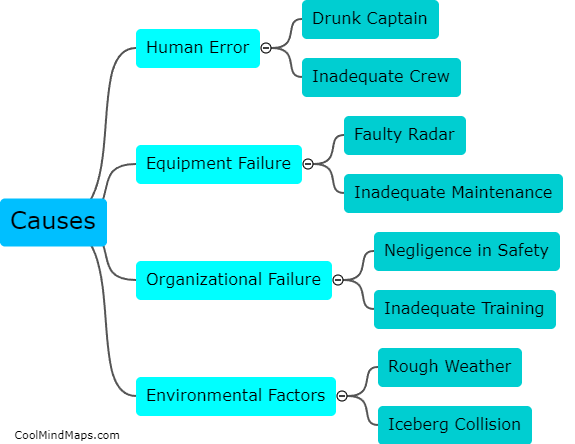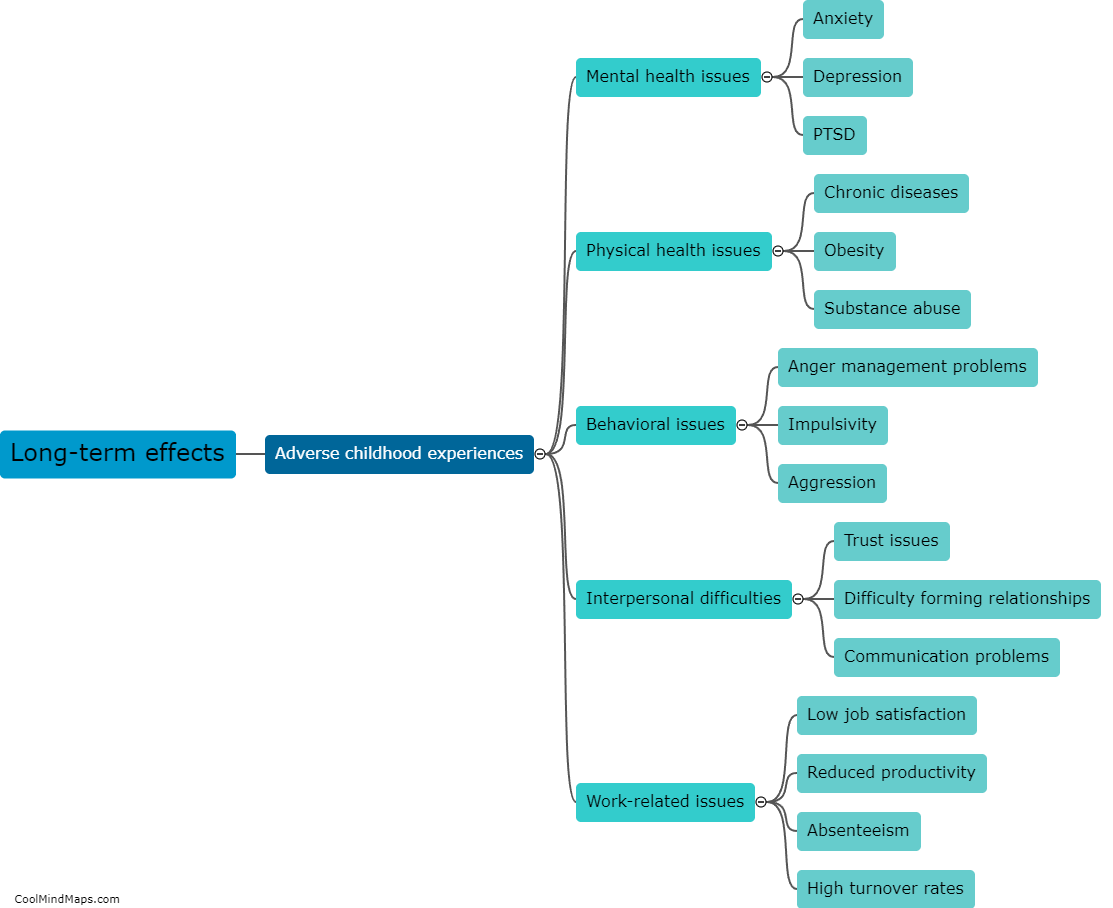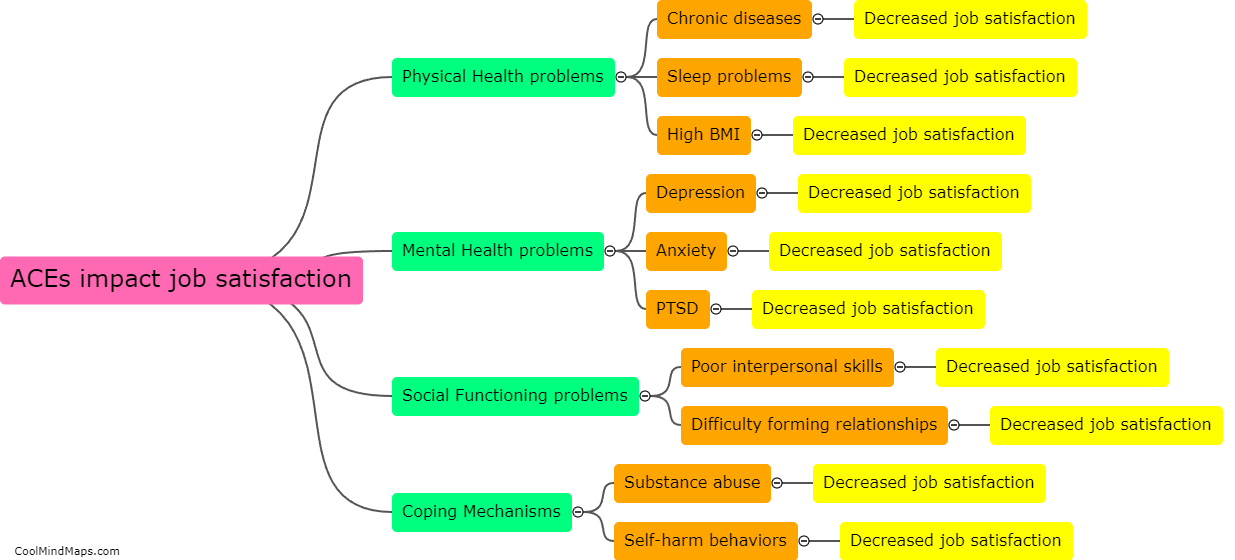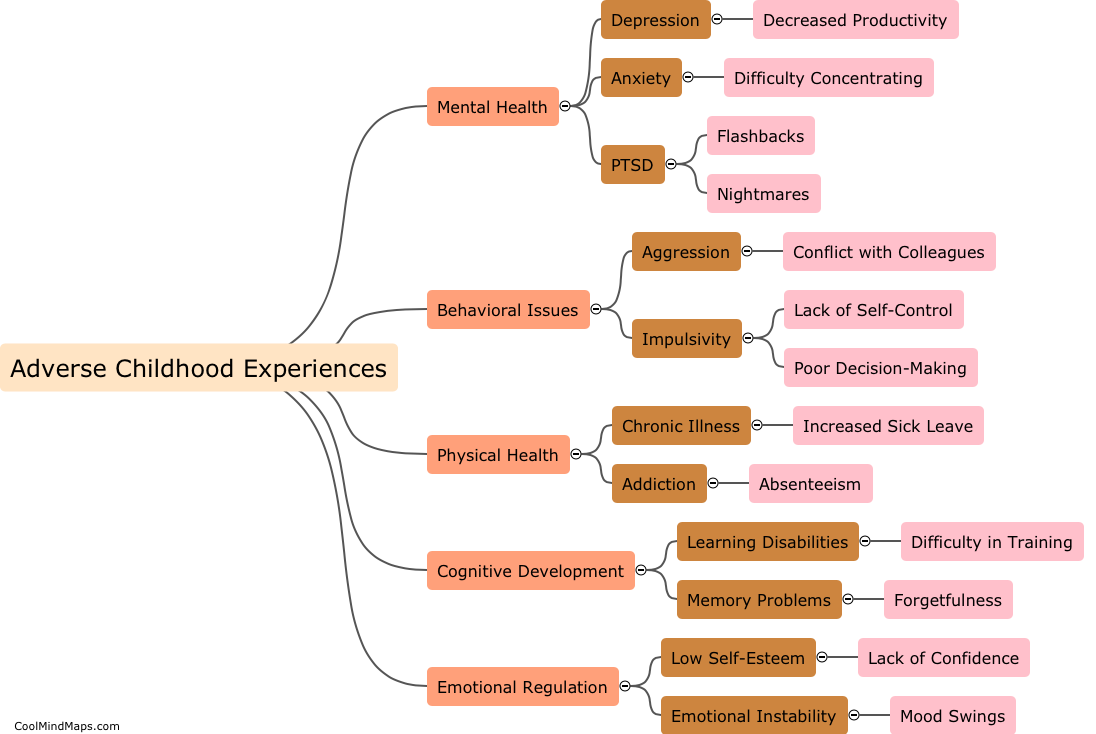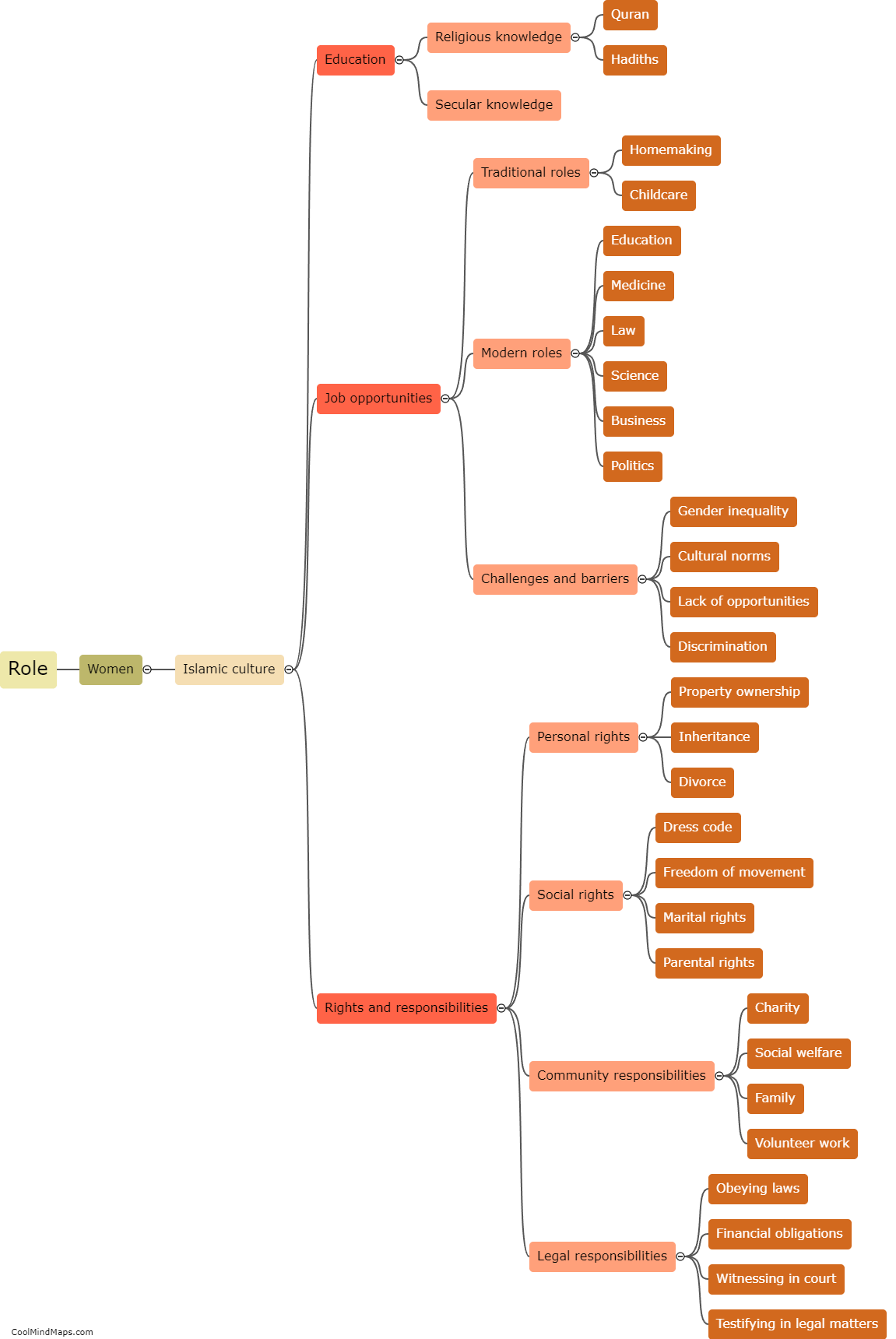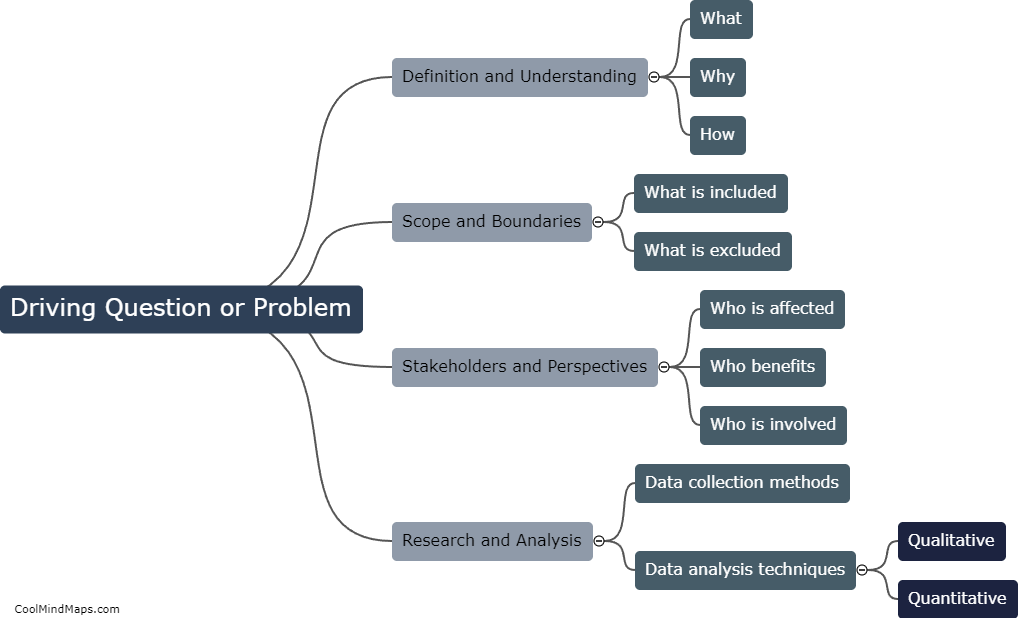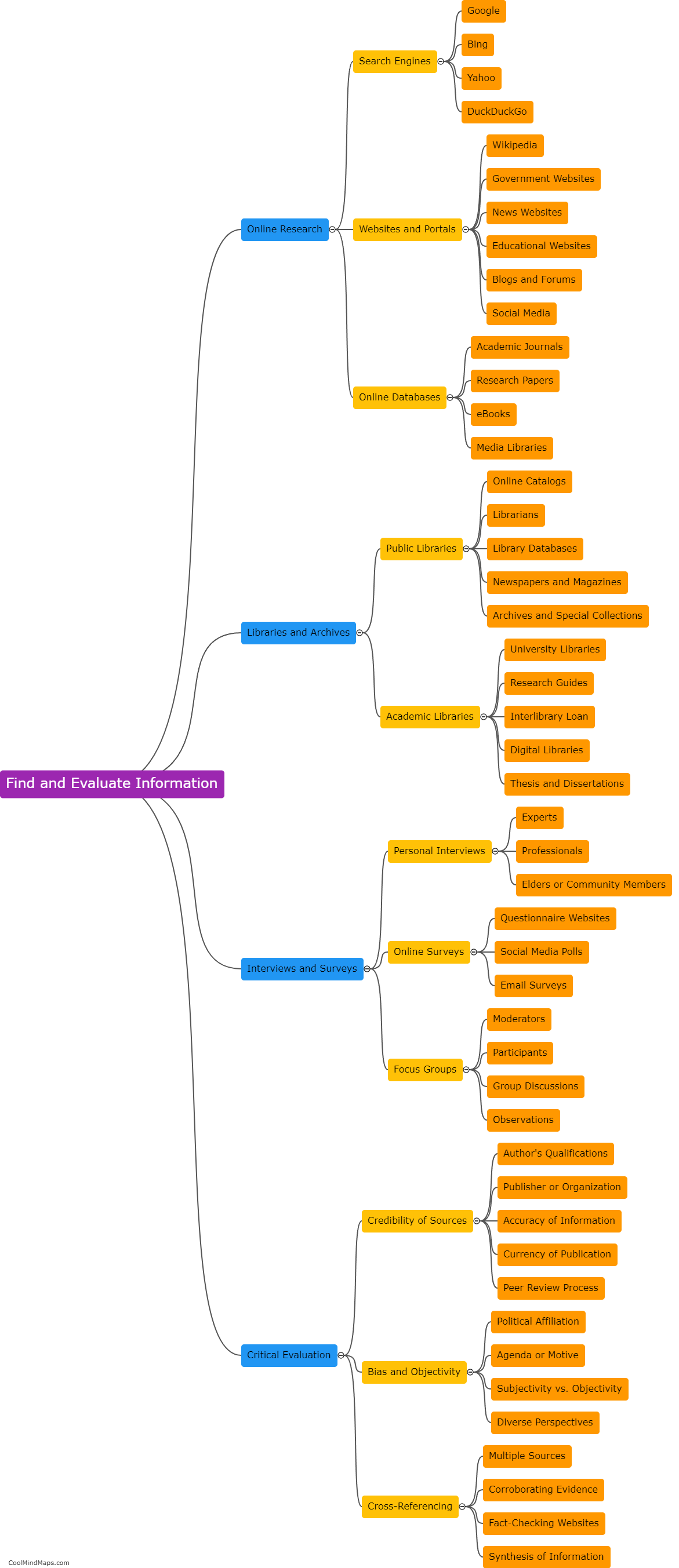What is the relationship between adverse childhood experiences and turnover intent?
The relationship between adverse childhood experiences (ACEs) and turnover intent refers to the correlation between the negative experiences a person may have had during their childhood and their intention to leave a job or organization. Research suggests that individuals who have experienced ACEs, such as abuse, neglect, or household dysfunction, may develop certain psychological and emotional difficulties that can impact their job satisfaction and commitment. These individuals may have a higher likelihood of experiencing burnout, dissatisfaction, and a desire to leave their current job. The connection between ACEs and turnover intent highlights the long-term effects of childhood trauma on an individual's overall well-being and career outcomes. Organizations can address this issue by implementing supportive programs and creating a safe and nurturing work environment to help employees who have experienced ACEs cope with their past and reduce turnover intent.

This mind map was published on 21 November 2023 and has been viewed 87 times.
